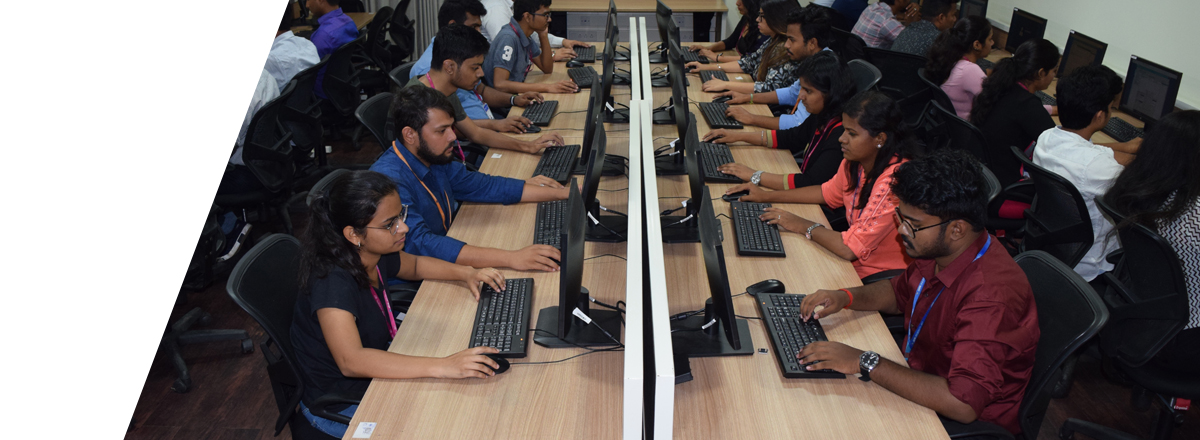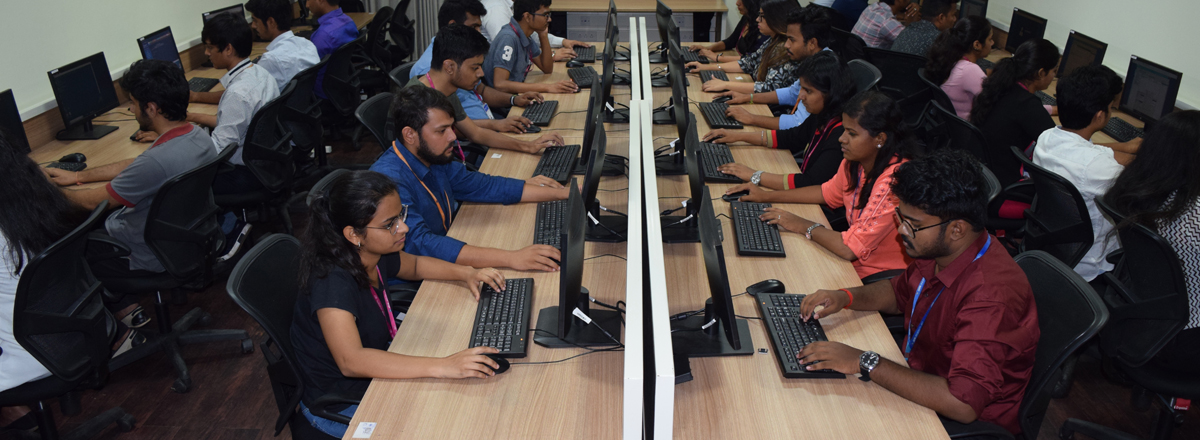



The need for studying cyber security as a formal degree program has seen an exponential advancement in the last decade. It is fueled by explosion in the use of Internet, extensive penetration of smartphones, increasing use of e-commerce, e-banking and the social media. Cyber Security plays a vital role in ensuring the safety of digital economy. Today Cyber Security has become an important enabler for broadening engine of a country’s development and economy. Hence, any attack or threat on cyber security influences the growth directly or indirectly.
The M. Tech. program in Computer Science and Engineering with specialization in Cyber Security (CyS) is designed to enable students to be with familiar with concepts, processes and technology in diverse areas of CyS.
Cyber Security (CyS) is the area of study involving technologies, processes, frameworks, conceptual models and practices designed to protect data, communication, devices (computers, phones, sensors etc.), programs and applications from attack, damage or threats.
It prepares students to obtain knowledge for new age career opportunities in cyber security and information assurance. The program consists of topical areas dealing with concepts of information security, risk assessment, policies, procedures, security controls and countermeasures, incidents response, architecture, security management and governance.
The core of Cyber Security has a horizontal impact on every aspect of Digital Information Age - Digital Economy, Cloud Computing, Mobile Communications, Internet of Things, Robotics, Artificial Intelligence, Big Data, Analytics, Data Science, Quantum Computing etc.
The term "data scientist" is the trending job title in the IT field. Some of the market and career growth opportunities are listed below.
Bachelor’s degree in Engineering / Technology in ECE, EEE, EIE, CSE (4 years after 10+2 or 3 years after B.Sc. / Diploma in Engineering / Technology) – Currently in the final year or already completed. M. Sc. in Electronics or Electrical / MCA or equivalent Master’s degree.
The qualification required to apply for the program is a minimum of 50% marks (45% marks in case of candidate belonging to reserved category) in the respective bachelor’s degree from a recognized university.